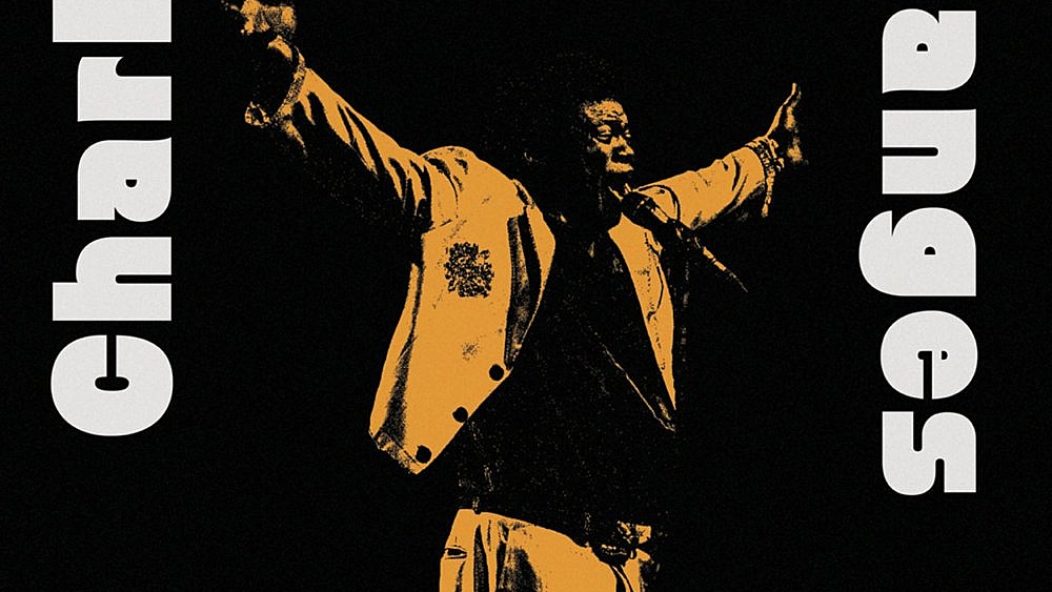
Charles Bradley, Black Sabbath, & "Changes"
…
Soul singer Charles Bradley passed away on this Saturday after a year long battle with stomach cancer. He was 68.
Bradley’s career is a true anomaly. After years working as a James Brown tribute singer, along with trips in and out of the hospital and stretches of living on the street, Bradley released his debut album No Time For Dreaming at the age of 62. Since then, Bradley has been a staple of the retro-soul scene, releasing two more acclaimed records, 2013’s Victim of Love and Changes in 2016 via Daptone and Durham Records, respectively.
While Bradley was undoubtedly an incredible musician, one who wore his 42 years of struggle in the music industry on each note he sung, his work isn’t really in the Invisible Oranges wheelhouse, with the exception of the title track from last year’s Changes.
…
…
“Changes” is a cover of Black Sabbath’s song by the same name from Vol. 4 which, incidentally, was released 45 years ago today. The original “Changes” is an oddball in the Sabbath catalog, ditching the band’s trademark downtuned doom for light piano and bittersweet mellotron. Even compared to other Sabbath ballads, like “Planet Caravan” or “Solitude,” the song is a daring move.
While those other two soft tracks hide behind effects or whisper-like restrain, “Changes” puts its pop melody right up front. The gambit doesn’t quite pay off, the piano playing is stiff, and Ozzy Osbourne’s performance is too robotic to keep the song’s momentum going. On an album where the band also experimented with electronic soundscapes (“FX”) and string accompaniment (“Snowblind”), “Changes” works more as marker of Black Sabbath’s rising ambition than of their songwriting prowess.
…
…
Bradley’s cover, on the other hand, is a revelation. Shaken by his mother’s failing health and eventual death, Bradley transformed the song into an aching masterpiece. Bradley’s voice, cracking and reaching for notes at the end of his register, gave life and history to a lyric that in Ozzy’s hands felt clunky and perfunctory. Aided by a rich horn arrangement, Bradley excavates the raw emotions behind Geezer Butler’s writing and performs them as if he had written them himself, clipping the ends of words and pushing the melody further heavenward as the song reaches it’s heart rending apex.
By playing a British metal band’s one-off experiment as an American soul classic, Charles Bradley brought “Changes” full circle. Given how much the genre they helped birth has changed in the last 45 years, it’s easy to forget that Black Sabbath were initially inspired by the same lineage of African American music that Charles Bradley belonged to. Black Sabbath, like their British hard rock contemporaries Led Zeppelin and Deep Purple, drew liberally from the sounds of African American blues, the same genre that led to the birth of rock & roll, soul, and funk.
Bradley’s “Changes” then is a homecoming, a way of unifying heavy metal and soul under the same legacy of art made to cope with pain, loss, heartbreak, and spiritual longing. Those are themes that fit just as well on any doom record as they do in Bradley’s work. We would do well to remember that, and pay tribute to an artist who so vividly spoke to the human experience.
…










